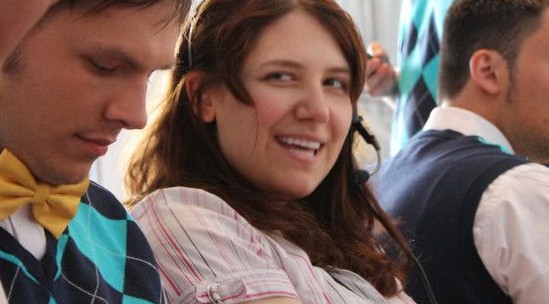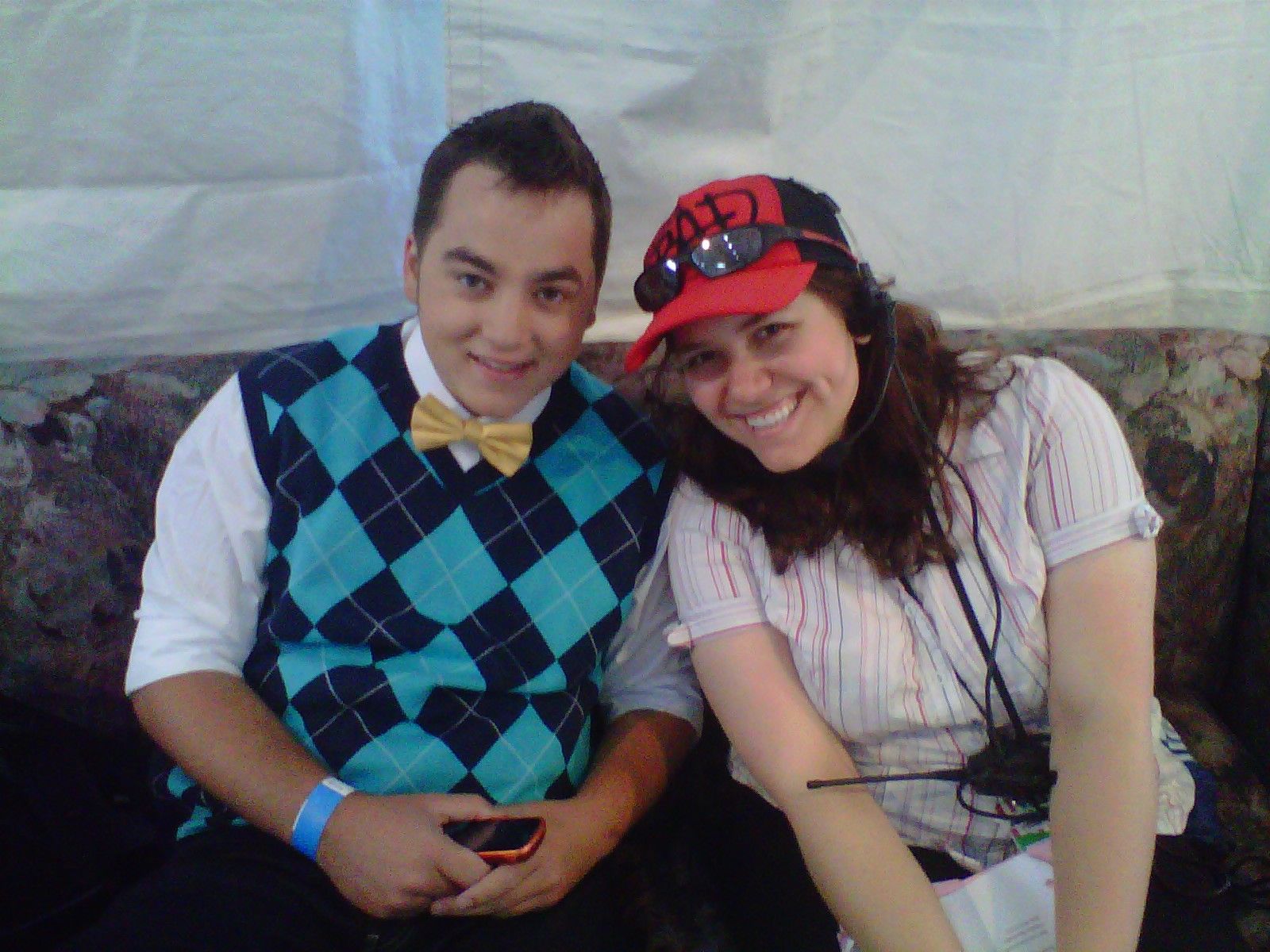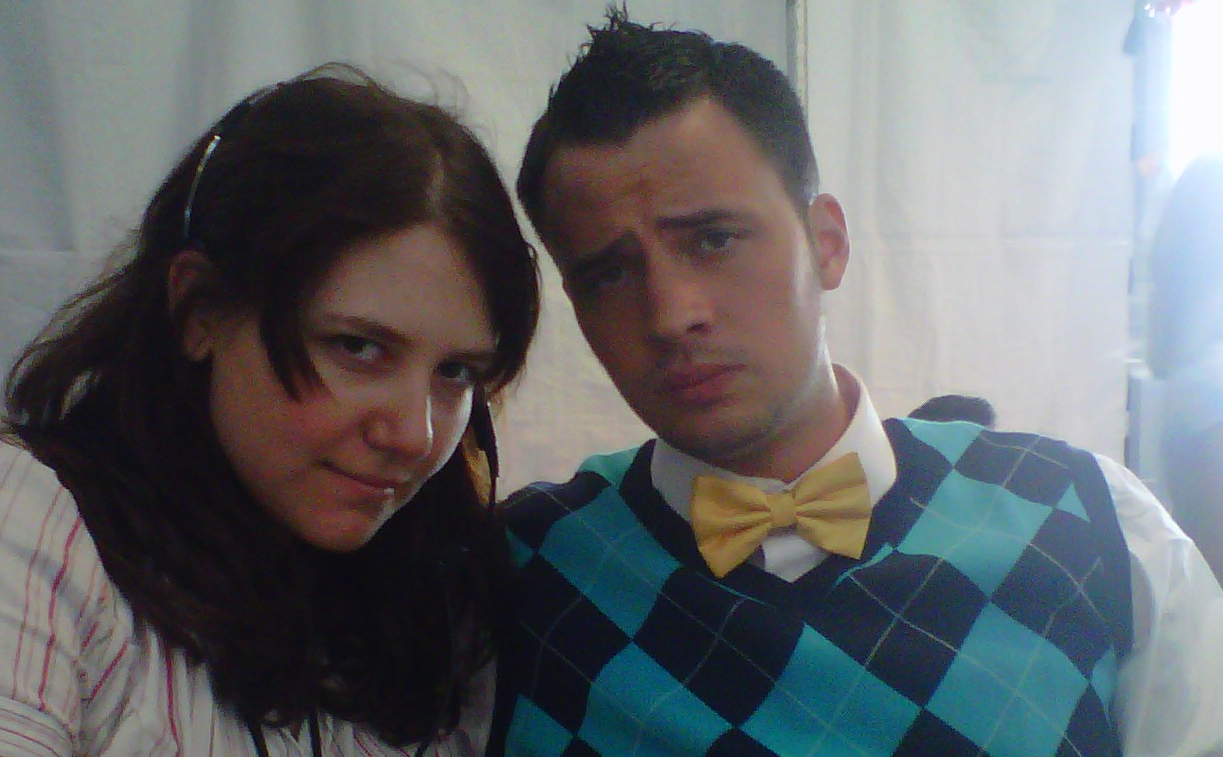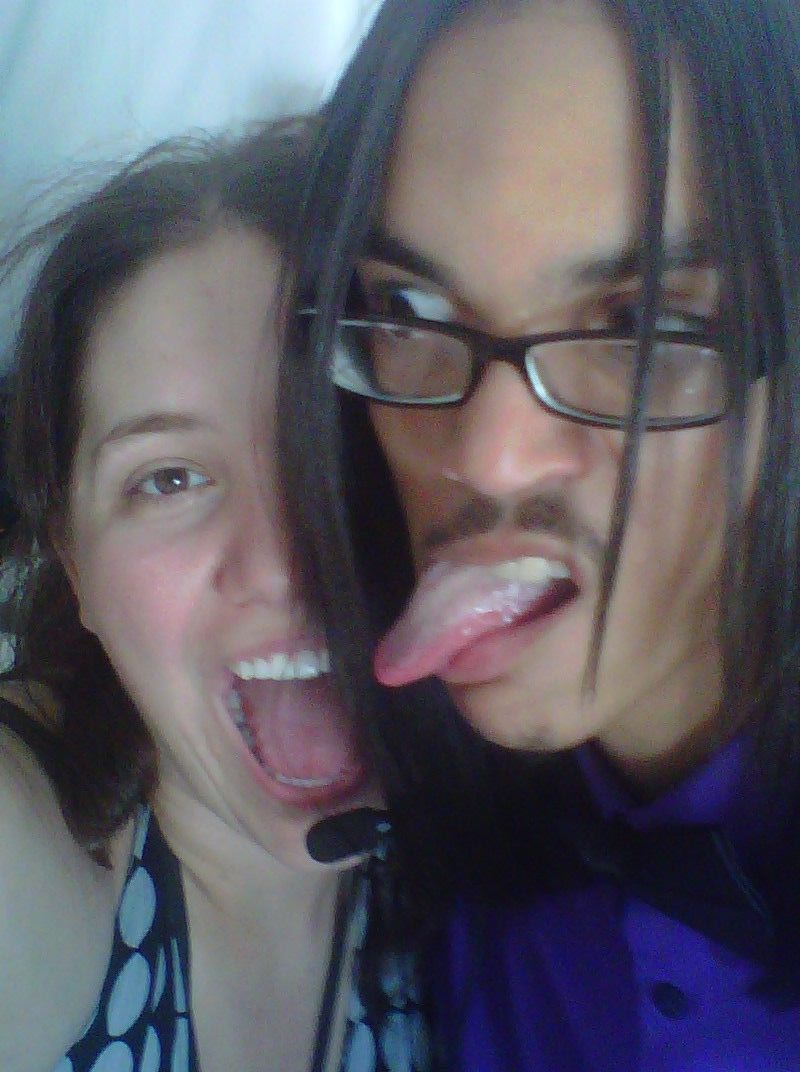
My America’s Got Talent story is transitioning from how I got the job to what the job was like.
Before talking about my summer on the show, I thought I’d throw in my advice on how to break into the industry (since the people reading about how I got the job are possibly looking for that).
I don’t know how qualified I am to give advice. I’m obviously not at the top of any ladders (and I’m working in reality).
Plus everyone’s experience in TV is different, but if you want my experience (and the straight up advice part as opposed to a story), this explains why I felt like I was able to keep working.
I showed up to work excited. I tried to make it clear that I wanted to be there and appreciated being there. I was always looking for ways to help.
I will say, early on in my career someone gave me the advice that sometimes there will be lulls. Part of being a great PA is knowing how to just get out of the way when there’s not much to be done.
 That means don’t hang out in areas that are frequented by the bosses. Find a little corner and learn to be invisible. I got the advice that sometimes knowing how to be invisible is just as important as knowing how to be visible.
That means don’t hang out in areas that are frequented by the bosses. Find a little corner and learn to be invisible. I got the advice that sometimes knowing how to be invisible is just as important as knowing how to be visible.
I’m sure it depends on the show. But I felt that advice has actually served me pretty well.
There’s a difference between being enthusiastic and being up someone’s bum. It can be sort of a hard line to navigate sometimes. (Though, in my experience, I would advise always erring on the side of up the bum. People can easily tell you to go away or settle down. It’s very hard for them to pull you in and get you working harder.)
Also, when I saw be “invisible,” that doesn’t mean you have to totally waste your time.
First off, there is often actually something that can be done. There might not be any tasks people can immediately think of, but if you’ve been keeping your eyes and ears open, you may be able to assign a task to yourself.

For instance, this is not specifically television related, but I once worked in the office of a theater producer. He mentioned in passing one day that he was pretty head over heels for a particular album of a certain band, and he’d possibly even like to do a show with them at some point.
When I’d run out of work and the producer told me I could basically hang out for a while, I made a spreadsheet of every songwriter who’d worked on the album – sorted by who had the most writing credits.
Then I had columns with which songs they’d written, their websites, and any contact info I could find for those writers – just in case he decided he wanted to contact them about that possible show.
He was thankful, and that was just one of many little positive checkmarks in my favor in his mind.
That’s just one small example of how I tried to always be thinking, “What can I add?” “How can I help?”
Now, sometimes there really just does not seem to be anything to do. Perhaps you’re part of a humongous crew for a show that’s been on many seasons. Everything’s organized. Everything’s running smoothly. Nobody needs you for a while.

Well, for me, when it was time to go into that invisible mode on America’s Got Talent, I’d go to hang out in different departments.
The lovely man in charge of the audio department allowed me to shadow him as he mixed the show. He was really helpful, and tried to make sure I learned any new things possible.
I watched the director do his thing inside the truck. I learned from the camerawoman. I did my best to keep eyes and ears open – not distract anyone from his or her job, not annoy anyone, but just take an interest in how everything worked and how all the various people and departments came together to make this crazy television show.
Everyone I asked welcomed me.
Of course, I always had my earpiece in – ready to go help at a moment’s notice if there was something to do. But in the meantime, I figured I’d learn if there was nothing else to do.
This is where I’ll pick up tomorrow.